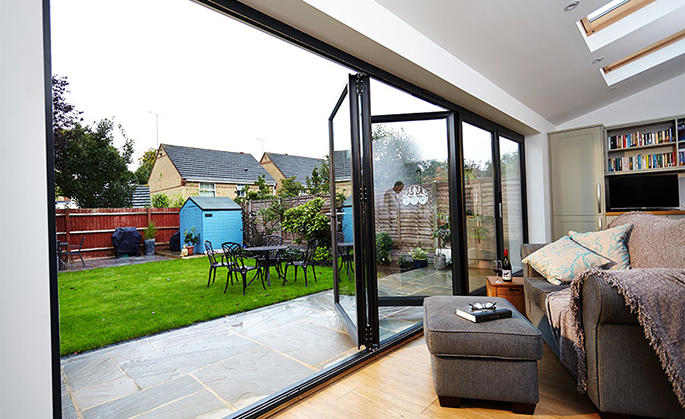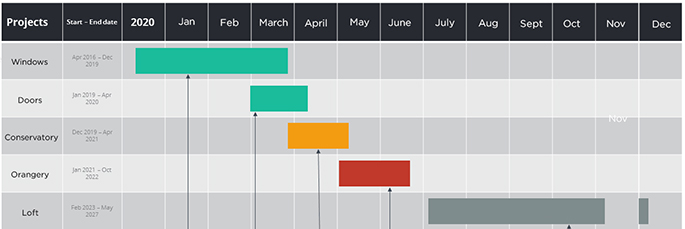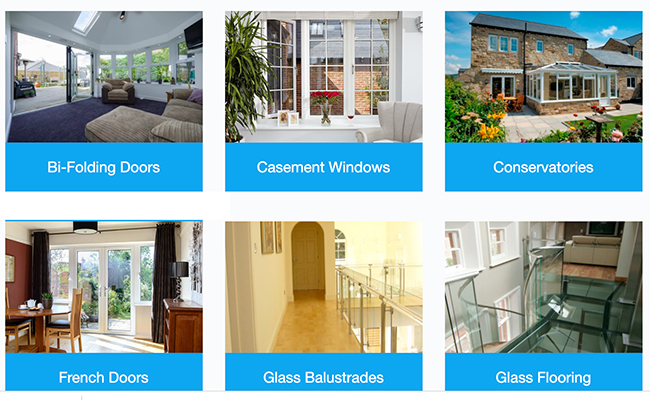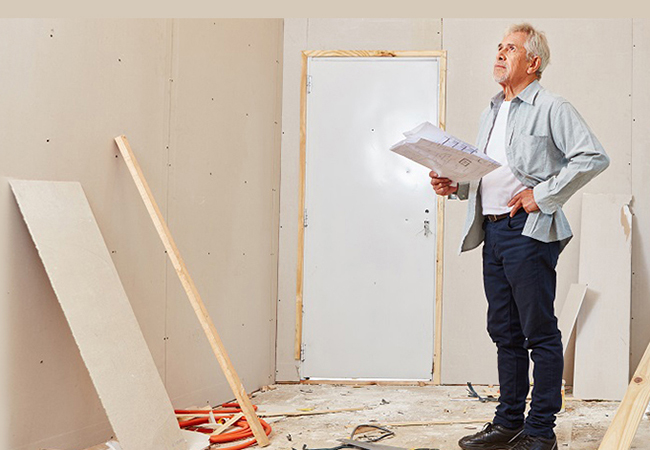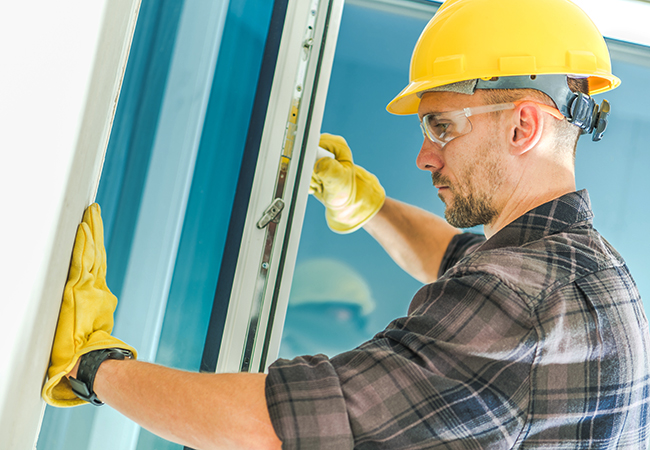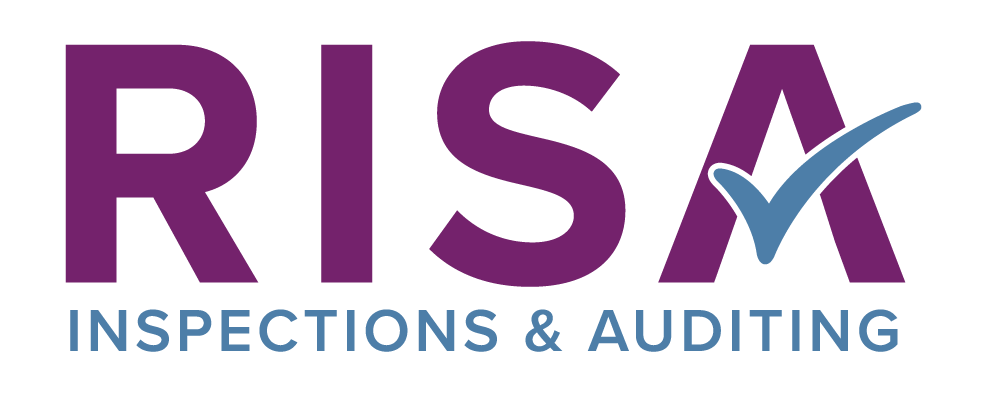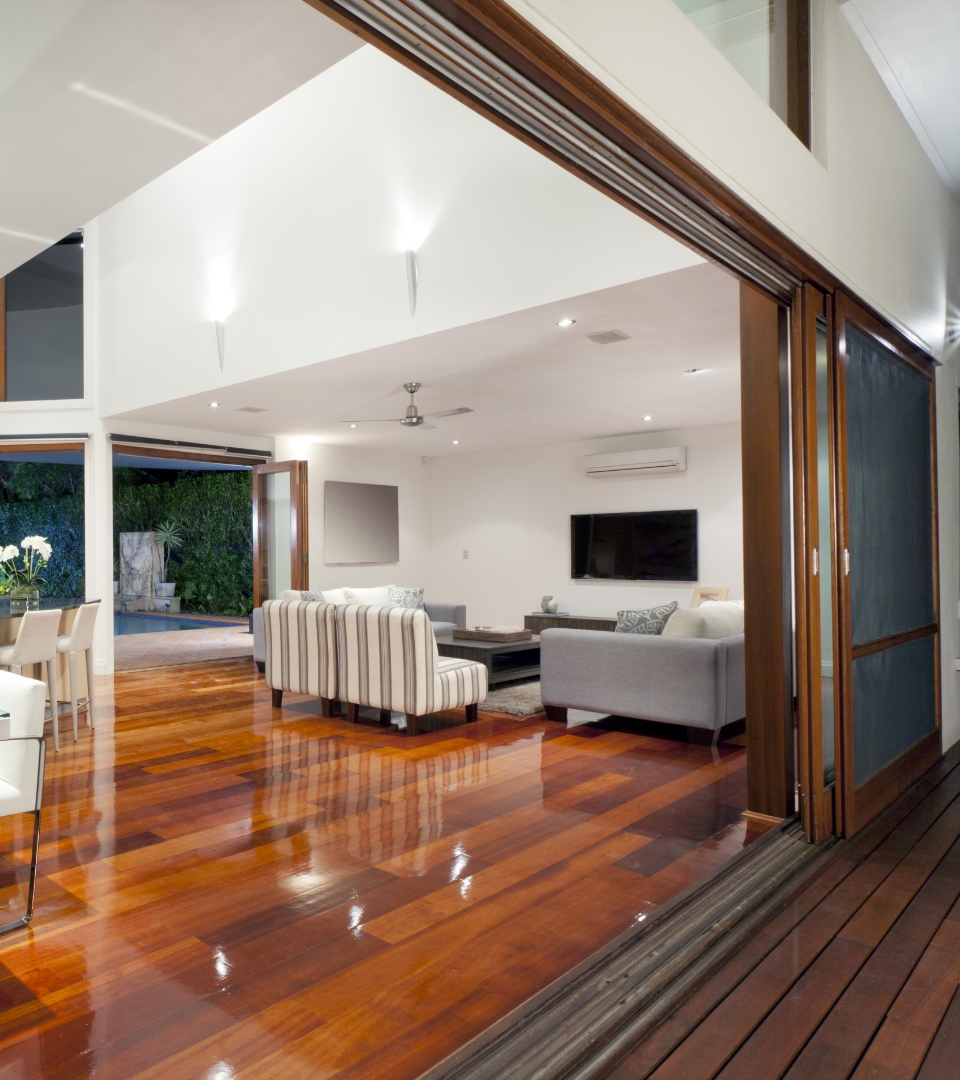Technical Officer
Advert (Online 22/04/2025 until 05/05/2025)
Salary range £45,000 – £50,000
Join the Glass and Glazing Federation (GGF) – the authoritative voice of the glazing industry in the UK and beyond.
The GGF represents companies involved in the manufacture, supply, and installation of glass and glazing products both nationally and internationally. As the recognised industry authority, we promote best practices and lead the way in setting technical and health & safety standards. We also champion the industry’s interests at both local and national government levels, influencing policy and legislation.
We are currently seeking two Technical Officers to join our expert Technical Department. These are key roles within the Federation, offering technical guidance to both GGF members and external clients, and delivering consultancy services across the industry.
Key Responsibilities
• Deliver high-quality technical advice to members and non-members, aligned with best practice and industry standards.
• Play an active role in developing regulatory and industry standards, ensuring the interests of GGF members are well represented.
• Undertake technical consultancy projects, showcasing the GGF’s values and technical excellence.
• Represent the GGF as a technical authority in external forums, including both local and central government platforms.
What We’re Looking For
• A confident, customer-focused communicator with a collaborative mindset.
• Extensive hands-on experience within the glass and glazing industry.
• A genuine passion for the sector and a drive to deliver outstanding service.
• Strong organisational skills, with the ability to juggle multiple projects and deadlines effectively.
• A proactive team player who shares knowledge and supports colleagues to achieve collective success.
This is an exciting opportunity to make a real impact in a forward-thinking organisation shaping the future of the glazing industry.
Our Technical Officers work on a hybrid basis with meetings and engagements around the UK and occasional international travel.
How to Apply: In addition to your up-to-date CV, please submit a short statement to support your application. Please send to kjones@ggf.org.uk.
Together these should set out how you meet the competencies for this role and can deliver against the core duties and responsibilities

 Emergency Glaziers
Emergency Glaziers GGF Shop
GGF Shop MyGlazing.com
MyGlazing.com Find a GGF Member
Find a GGF Member

